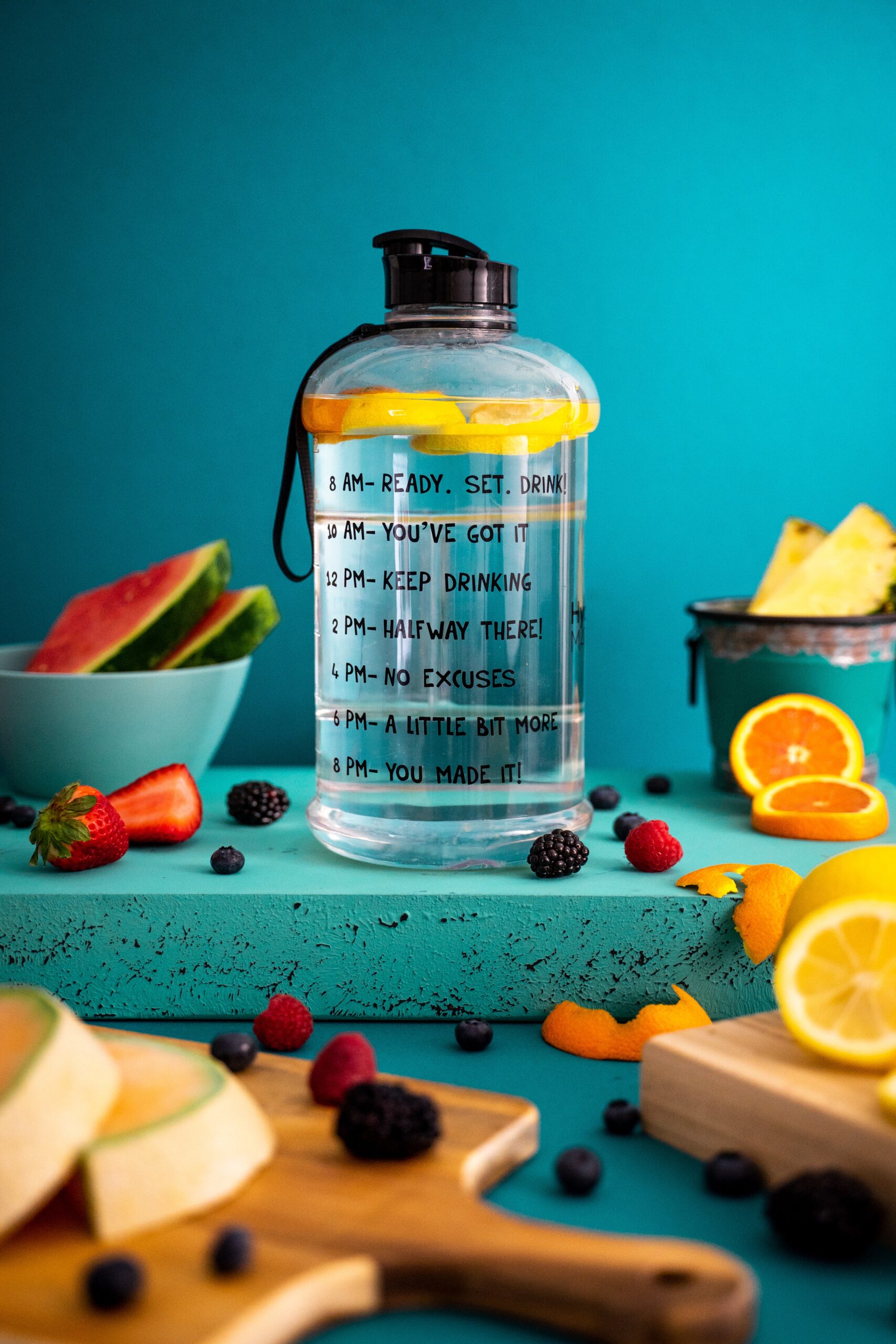Introduction
Water is essential for our survival and overall well-being. But just how many bottles of water to drink in a day? This comprehensive guide will delve into the factors that determine your daily water intake and explore various scenarios, from weight loss to staying hydrated in different environments. Let’s quench your thirst for knowledge.
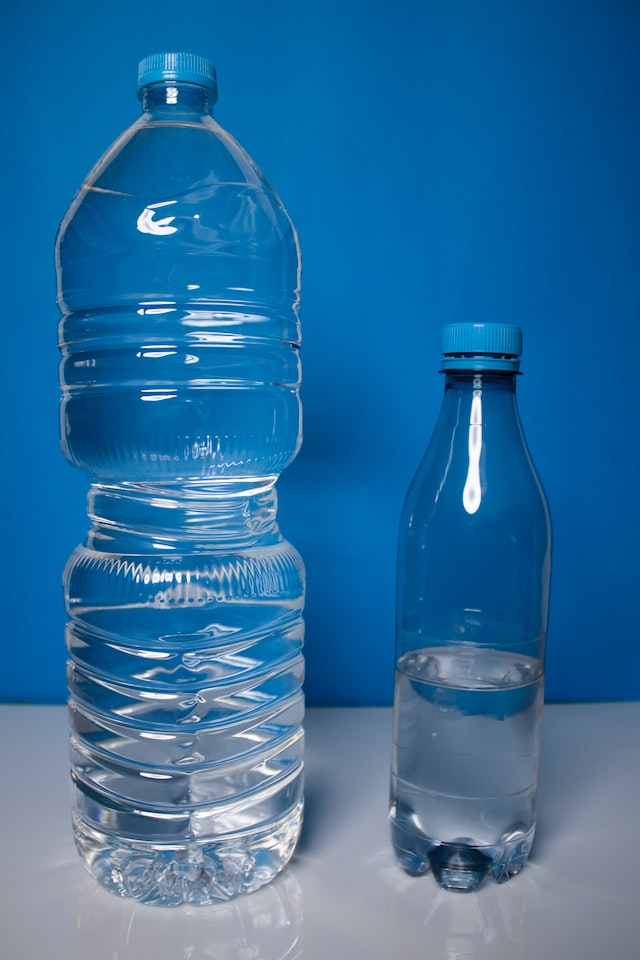
Table of Contents
How Many Bottles of Water to Drink in a Day
Determining your daily water intake is more than just a one-size-fits-all equation. It depends on several factors: age, gender, activity level, and climate. However, a general guideline is to aim for at least 8 glasses or approximately 2 liters (half a gallon) or bottles of water to drink per day for the average adult.

How Many Bottles of Water to Drink in a Day for Weight Loss
Maintaining proper hydration becomes even more critical if you’re embarking on a weight loss journey. Water can be a powerful ally in your quest to shed those extra pounds. Here’s why and how you should incorporate it into your daily routine:
1. Appetite Control
Drinking an adequate amount of water can help curb your appetite. Often, our bodies confuse thirst with hunger, leading us to consume unnecessary calories when we need hydration. You can distinguish between genuine hunger and thirst by sipping water throughout the day, potentially preventing overeating.
2. Boosting Metabolism
Proper hydration is essential for the efficient functioning of your Metabolism. Well-hydrated, your body can process calories and burn fat more effectively. Research suggests that drinking water can temporarily increase your metabolic rate, enhancing calorie expenditure, albeit modestly.
3. Water’s Role in Digestion
Water plays a crucial role in the digestion process. It helps break down food, facilitating nutrient absorption. Adequate hydration ensures your digestive system functions smoothly, potentially reducing bloating and discomfort associated with poor digestion.

How Many Bottles of Water to Drink in a Day for Glowing Skin
Achieving radiant and glowing skin is a desire shared by many and one of the simplest and most effective ways to work towards this goal is by maintaining proper hydration. Water, often called the “elixir of life,” is significant in maintaining skin health. Here’s why and how you should incorporate it into your daily routine to attain that coveted glowing complexion:
The Importance of Hydration for Skin
Our skin is the largest organ in our body, relying on adequate hydration to function optimally. Water is essential for various skin functions, including:
Moisture Balance
Water helps maintain the skin’s natural moisture balance, preventing it from becoming too oily or dry. When your skin is well-hydrated, it’s less likely to produce excess oil, which can lead to acne or clogged pores.
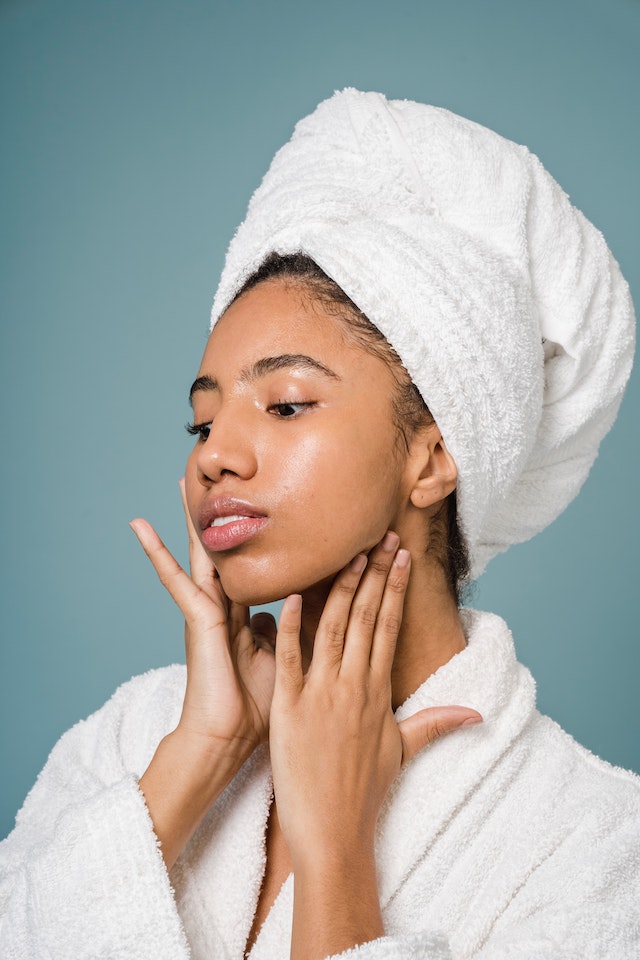
Cellular Function
Like all cells in the body, skin cells require water to function correctly. Proper hydration ensures skin cells perform essential tasks, such as repairing damage and generating new cells.
Detoxification
Water aids in the removal of toxins and waste products from the body. When your system is effectively detoxified, it can manifest in clearer and healthier-looking skin.
Collagen Production
Collagen is a protein that gives skin its elasticity and firmness. Dehydrated skin is more prone to premature aging, including the development of fine lines and wrinkles. Drinking enough water supports collagen production, helping keep your skin youthful.
How to Know If You’re Properly Hydrated
Proper hydration is vital for overall health and well-being. It affects various bodily functions, from regulating body temperature to supporting digestion and circulation. However, determining whether you’re adequately hydrated can sometimes take time and effort. Here are several reliable methods to gauge your hydration status:
1. Urine Color:
One of the most accessible and visible indicators of hydration is the color of your urine. Here’s what different urine colors typically mean:
Light, Pale Yellow
This is a good sign that you’re well-hydrated. Pale yellow urine indicates that your body has enough water to dilute waste products adequately. It’s a sign of optimal hydration.
Yellow
Yellow urine is still within the normal range, but it suggests that you could benefit from drinking more water. It’s a sign that your body may be starting to conserve water.
Dark Yellow or Amber
If your urine is dark yellow or amber, it indicates dehydration. Your body is trying to conserve water, so your urine becomes more concentrated. In severe cases, it may even appear orange.
Brown or Dark Brown
Very dark or brown urine can indicate severe dehydration or a medical condition. If your urine consistently appears this color, consult a healthcare professional immediately.
2. Thirst
Thirst is your body’s way of signaling that it needs more fluids. If you’re consistently thirsty, it’s a sign that you should drink more water. However, it’s important not to rely solely on thirst as an indicator because you may already be mildly dehydrated by the time you feel thirsty.
3. Dry Mouth and Skin:
Dry mouth and dry skin can be signs of dehydration. When properly hydrated, your body produces enough saliva to keep your mouth moist, and your skin remains supple. If you notice persistent dryness in your mouth or skin, it indicates that you should increase your fluid intake.
4. Dark Circles Under Eyes:
Sometimes, dark circles under your eyes can be associated with dehydration. Dehydrated skin may appear dull and lackluster, potentially accentuating the appearance of under-eye circles.

5. Pinch Test:
A simple way to check your hydration level is the pinch test. Pinch the skin on the back of your hand and release it. If the skin snaps back quickly, you’re likely well-hydrated. It can be a sign of dehydration if it returns slowly or remains slightly elevated.
Why Is It Important to Stay Hydrated?
Proper hydration is fundamental to maintaining overall health and well-being. Water is not just a basic necessity; it plays a vital role in numerous bodily functions that impact our daily lives. Here’s a comprehensive look at why staying hydrated is of paramount importance:
1. Temperature Regulation:
One of the primary functions of water in the body is to regulate temperature. When exposed to heat, whether through physical activity or external factors like hot weather, your body sweats to dissipate heat and cool down. Sweat is primarily composed of water, and as it evaporates from your skin, it helps lower your body temperature. Without sufficient hydration, your body’s ability to regulate temperature is compromised, leading to overheating and potentially heat-related illnesses.
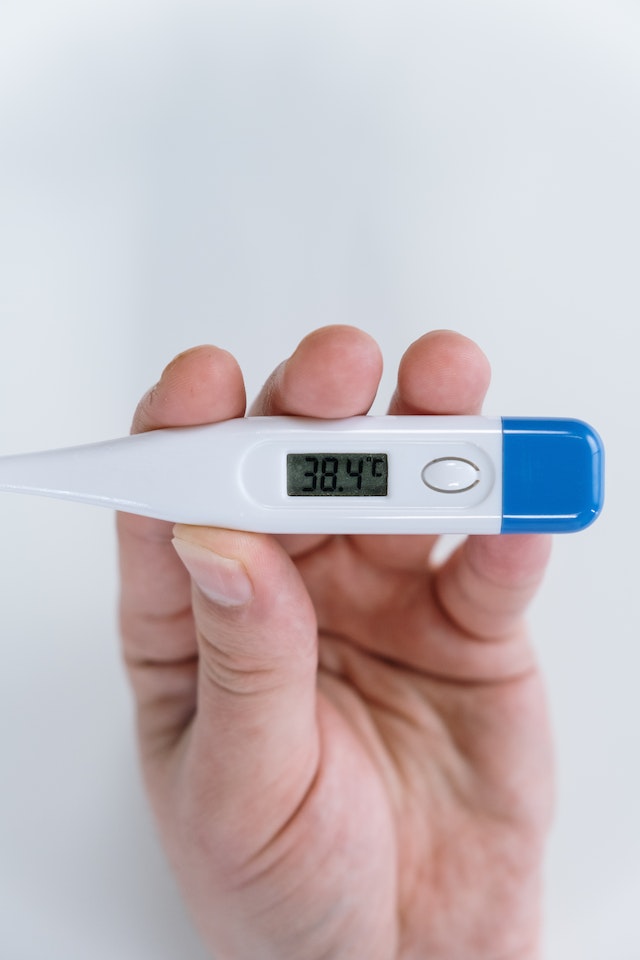
2. Digestion and Nutrient Absorption:
Water plays a crucial role in the digestive process. It helps break down food in the stomach and intestines, making it easier for your body to absorb nutrients. Proper hydration ensures your digestive system functions smoothly, reducing the risk of constipation and indigestion.
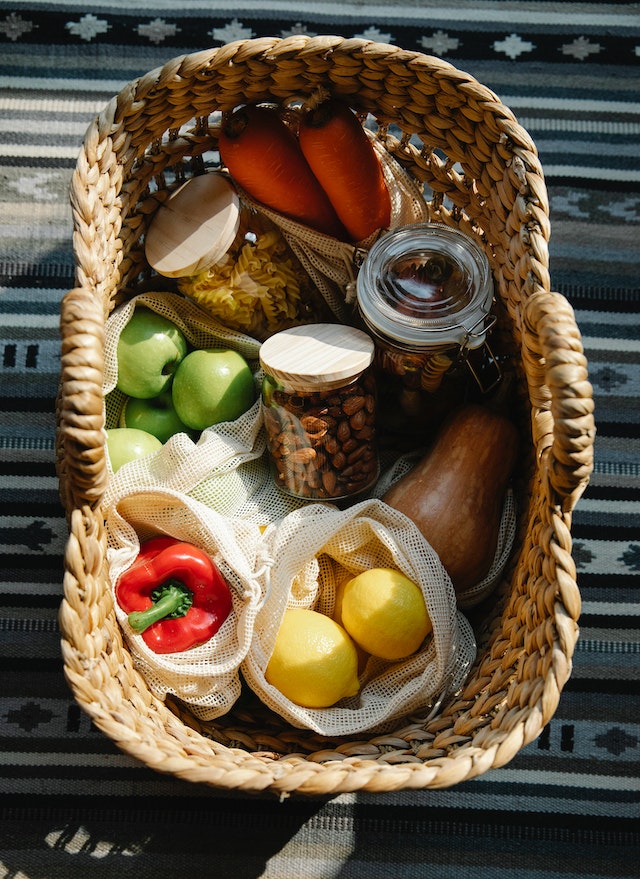
3. Joint Lubrication:
Joints connect our bones and enable movement and are surrounded by synovial fluid—a thick, water-based substance. Staying hydrated helps maintain the viscosity of this fluid, ensuring that your joints remain lubricated. Proper joint lubrication reduces friction, which can help prevent discomfort, stiffness, and conditions like arthritis.

4. Circulation and Oxygen Transport:
Blood, primarily composed of water, is responsible for transporting essential nutrients and oxygen to cells throughout your body. When adequately hydrated, your blood flows more efficiently, ensuring your cells receive the oxygen and nutrients they need to function optimally. Dehydration can reduce blood volume, making your heart work harder to maintain circulation.
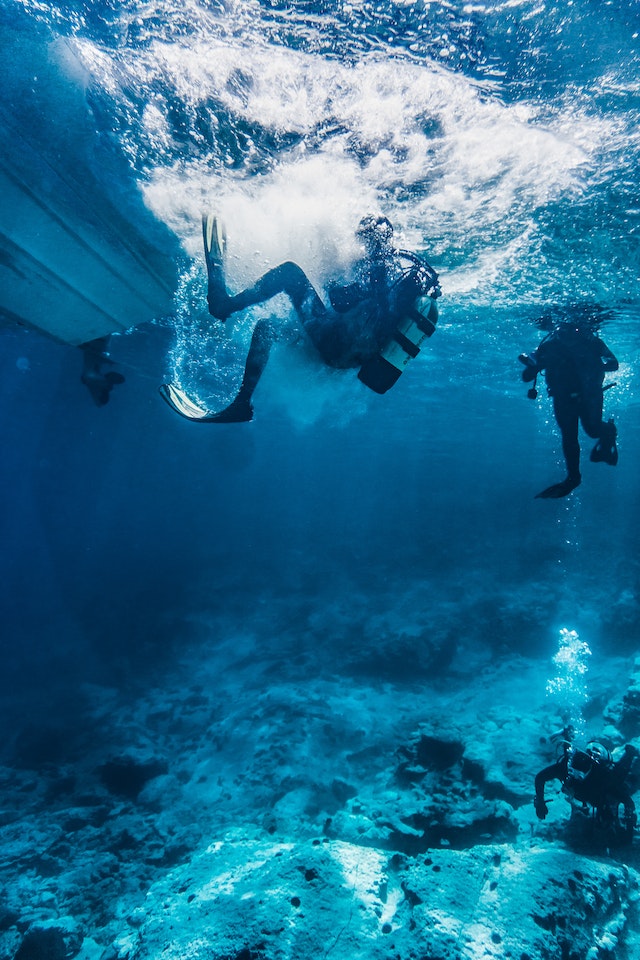
5. Detoxification:
Water is a key player in your body’s natural detoxification processes. It helps flush out waste products and toxins through the kidneys and urinary system. Insufficient hydration can hinder these detoxification processes, potentially leading to a buildup of harmful substances in your body.
6. Cognitive Function:
Dehydration can impair cognitive function. Even mild dehydration can lead to difficulties with concentration, memory, and mood. Staying hydrated is essential for maintaining mental clarity and alertness.
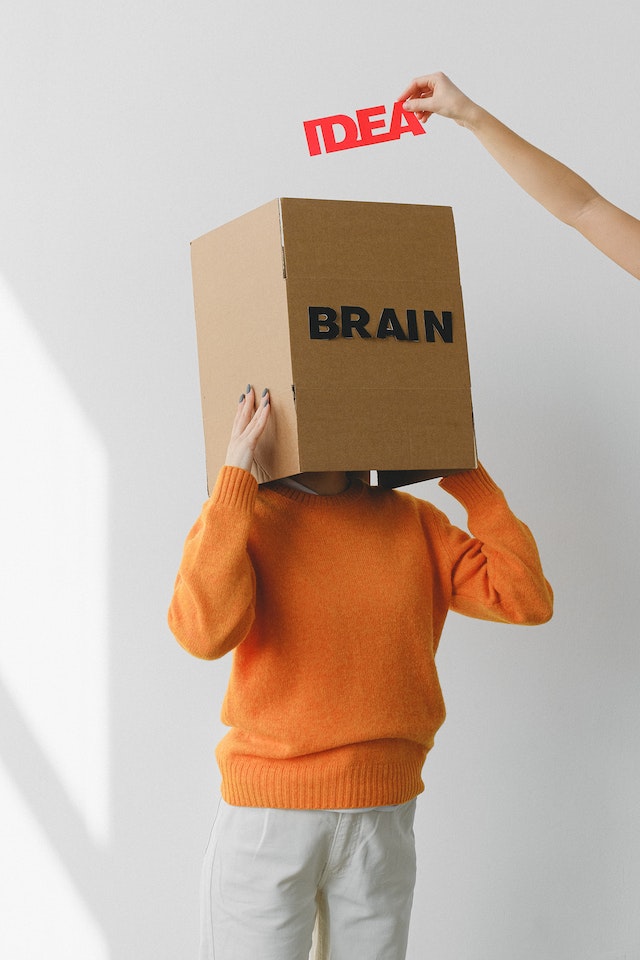
7. Skin Health:
Skin, our body’s largest organ, benefits greatly from proper hydration. Well-hydrated skin is more supple, less prone to dryness, and better able to repair and regenerate itself. It can help prevent skin conditions like dryness, premature aging, and acne.
8. Weight Management:
Drinking water before meals can create a feeling of fullness, potentially reducing your overall calorie intake. This can be beneficial for weight management and weight loss efforts.
9. Performance and Physical Activity:
Adequate hydration is crucial for athletes and individuals engaged in physical activity. Dehydration can reduce endurance, muscle cramps, and an increased risk of heat-related illnesses. Maintaining hydration levels is essential to perform at your best during exercise.
10. Prevention of Health Issues:
Chronic dehydration can lead to various health issues, including kidney stones, urinary tract infections, and, in severe cases, heatstroke. It can also exacerbate certain medical conditions such as hypertension (high blood pressure).
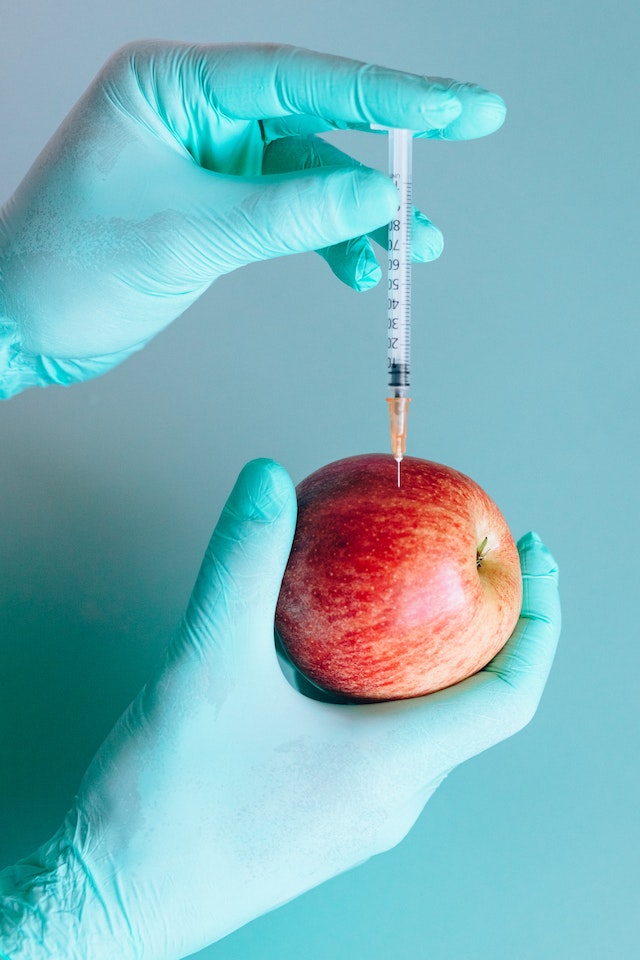
How Many Water Bottles Should I Drink a Day?
The amount bottles of water to drink a day can vary depending on several factors, including your age, sex, activity level, and climate. However, a commonly recommended guideline is to aim for about eight 8-ounce glasses of water daily, often referred to as the “8×8” rule. This translates to roughly 64 ounces of water daily, or four 16-ounce bottles of water to drink.
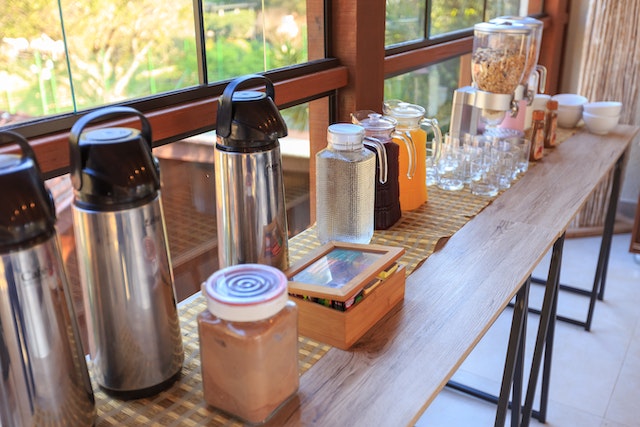
It’s important to note that individual water needs may differ, and listening to your body is essential. Thirst is a good indicator of when you should drink more water. You may need to increase your intake in hot weather or during physical activity to stay hydrated. Additionally, certain medical conditions may require adjustments to your daily water intake, so it’s advisable to consult with a healthcare professional if you have specific concerns.
Conclusion bottles of water to drink
In conclusion, “How many bottles of water to drink daily?” invites thoughtful consideration. While the general guideline of consuming around 8 glasses or 2 liters of water per day holds for many, it’s crucial to recognize that various factors influence individual hydration needs.
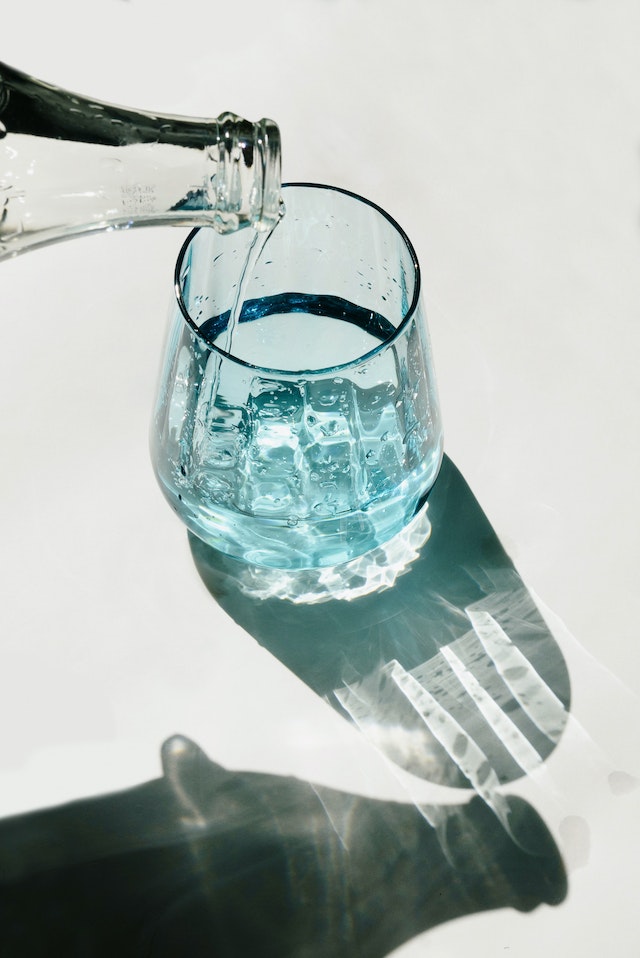
Frequently Asked Question (FAQs) about bottles of water to drink
1-What Are the Health Benefits of Water?
Water offers numerous health benefits, including improved digestion, circulation, and skin health. It also helps detoxify the body by flushing out waste products. Maintaining proper hydration levels can lead to a healthier, more energetic you.
2-Can I drink too much water?
While it’s rare, excessive water consumption can lead to intoxication or hyponatremia. It’s essential to find the right balance.
3-Do other beverages count toward my daily water intake?
Yes, beverages like tea, coffee, and milk contribute to your daily fluid intake, but plain water should still be significant.
4-Can dehydration cause headaches?
Yes, dehydration is a common cause of headaches. Staying hydrated can help alleviate or prevent them.
5-How Many Water Bottles Should I Drink When Flying?
Air travel can be dehydrating due to the dry cabin air. Aim to drink at least 8 ounces of water every hour you’re in the air to combat this. Bring an empty reusable water bottle to fill up after security to help you keep track.
6-How many Bottles of Water to Drink in Air-Conditioned Places?
In air-conditioned environments, the dry air can also lead to dehydration. Aim to consume 8-10 glasses (2.5 to 3 liters) of water when spending extended periods in air-conditioned spaces.
7-How can I remind myself to drink enough water?
Setting reminders on your phone or using a water-tracking app can help you stay on top of your hydration goals.
8-Can I meet my hydration needs through food alone?
While some foods have high water content, more than relying on food for hydration is generally required. Drinking water is essential.
9-How many Bottles of Water to Drink When Outside on a Hot Day?
On hot days, your body loses more water through sweat. It’s crucial to increase your fluid intake to stay hydrated. Aim for 10-12 glasses (3 to 3.5 liters) of water or more when exposed to hot weather.
10-How many bottles of Water to Drink When Outside on a Cold Day?
Your body loses moisture through respiration and cold-induced diuresis, even in cold weather. Drink at least 8-10 glasses (2.5 to 3 liters) of water to stay hydrated in chilly conditions.
